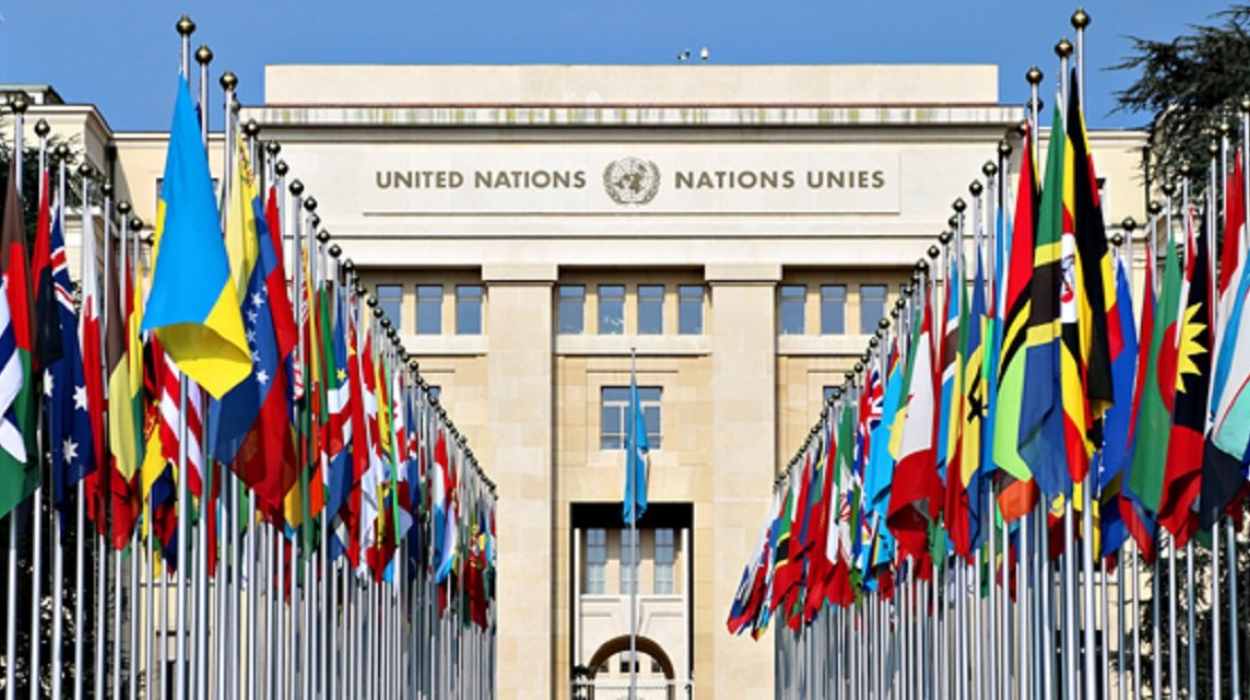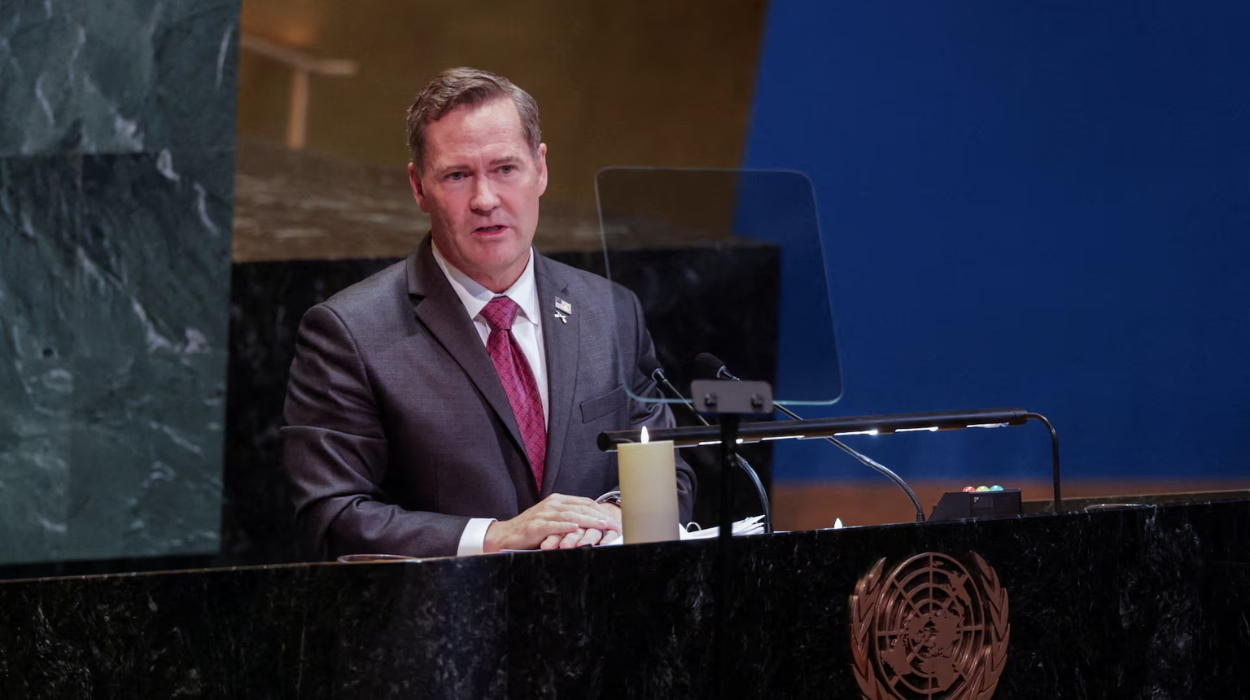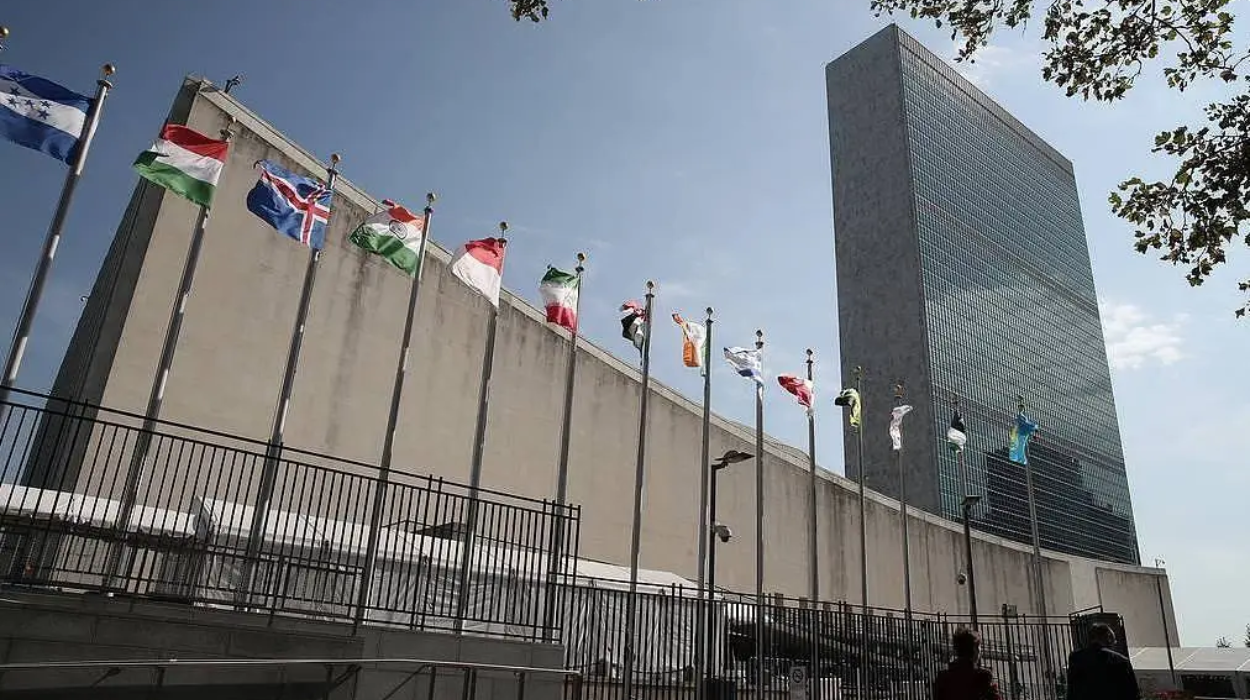On June 25, 2025, Iran’s parliament overwhelmingly approved a bill to suspend cooperation with the International Atomic Energy Agency (IAEA), marking a significant escalation in Tehran’s stance toward international nuclear oversight. This decision follows a 12-day conflict involving Israeli airstrikes and U.S. bombings on Iranian nuclear sites, and reflects deep mistrust between Iran and the IAEA amid heightened regional tensions. This analysis explores the key facts, official statements, background context, and the broader implications of Iran’s move.
Parliamentary Approval and Legislative Details
The bill was passed with a near-unanimous vote of 221 in favor, no votes against, and one abstention out of 223 members present. Before becoming law, it requires final approval from Iran’s Supreme National Security Council and the Guardian Council. The legislation mandates the suspension of all cooperation with the IAEA, including barring inspectors from entering nuclear sites and prohibiting installation of monitoring cameras. Iran will also cease submitting reports on its nuclear activities to the Vienna-based agency until Tehran receives guarantees ensuring the security of its nuclear facilities and personnel.
Context of the Suspension: Recent Conflict and IAEA Findings
This legislative move comes in the immediate aftermath of a 12-day conflict (June 13–24, 2025) between Iran and Israel, during which Israeli forces targeted Iranian nuclear sites at Fordow, Natanz, and Isfahan. The United States also conducted bombings on these facilities. The IAEA Board of Governors had recently adopted a resolution condemning Iran’s non-compliance with nuclear safeguards, with 19 out of 35 countries voting in favor, backed by the U.S., UK, France, and Germany. This marked the first formal finding of non-compliance against Iran in 20 years.
Despite claims by U.S. President Donald Trump that these strikes “obliterated” Iran’s nuclear program, intelligence assessments indicated significant damage but not complete destruction, estimating only a setback of several months. Iran maintains its nuclear program is peaceful and accuses the IAEA of bias and failing to condemn the attacks on its facilities.
Key Official Statements
Mohammad Baqer Qalibaf, Speaker of Iran’s Parliament, declared that “The Atomic Energy Organisation of Iran will suspend its cooperation with the IAEA until the security of our nuclear facilities is guaranteed.” He criticized the IAEA for “putting its international credibility up for sale” by refusing to condemn the attacks on Iran’s nuclear sites. Qalibaf further vowed that “Iran will accelerate its peaceful nuclear program.”
Foreign Ministry spokesperson Esmaeil Baghaei clarified that the suspension is not a termination of cooperation but a conditional pause, accusing the U.S. of “torpedoing diplomacy” and undermining trust. He emphasized Iran’s right to peaceful nuclear energy under the Non-Proliferation Treaty (NPT) and stated that future cooperation depends on guarantees for the safety of Iranian nuclear scientists and facilities.
Mohammad Bag Ghalaf, a parliament member, echoed criticism of the IAEA for failing to condemn U.S. attacks, reinforcing the suspension until security is assured.
IAEA Director General Rafael Grossi urged Iran to restore access, emphasizing the need to reassess Iran’s enriched uranium stockpiles, stating, “We need to return. We need to engage.”
Background and Significance
The suspension bill is a direct response to recent military actions and the IAEA’s critical stance on Iran’s nuclear activities. It prohibits IAEA inspectors from entering Iranian nuclear sites unless the Supreme National Security Council approves national security guarantees. This move significantly undermines the IAEA’s ability to monitor Iran’s nuclear program and raises concerns about transparency and compliance.
Iran’s accusations that the IAEA has compromised its neutrality by not condemning attacks on its facilities reflect deep mistrust, complicating diplomatic efforts. The bill also signals Tehran’s intent to assert greater control over its nuclear program and resist external oversight perceived as politically motivated.
Regional and International Implications
Iran’s parliamentary decision to suspend cooperation with the International Atomic Energy Agency (IAEA) significantly exacerbates tensions in an already volatile Middle East, raising serious concerns about regional security and the future of nuclear non-proliferation efforts. This move comes amid escalating hostilities, including a 12-day conflict involving Israeli airstrikes and U.S. bombings on Iranian nuclear sites at Fordow, Natanz, and Isfahan, which have intensified mistrust and instability in the region.
The suspension undermines the IAEA’s ability to conduct inspections and monitor Iran’s nuclear activities effectively. According to IAEA Director General Rafael Grossi, Iran’s recent non-compliance and suspension of cooperation have “led to a significant decrease in the agency’s capacity to verify the peaceful nature of Iran’s nuclear program”. Without reliable inspections, early detection of any illicit nuclear activities becomes severely hindered, increasing the risk of nuclear proliferation and destabilizing the region further.
The bill’s passage also casts doubt on the future of the Joint Comprehensive Plan of Action (JCPOA), commonly known as the Iran nuclear deal. The deal relies heavily on transparency and verification mechanisms enforced by the IAEA to ensure Iran’s nuclear program remains peaceful. Iran’s suspension of cooperation challenges these mechanisms, complicating diplomatic efforts by international actors, including the European Union and the United States, to revive or maintain the agreement.
Regionally, the suspension heightens fears of a broader conflict. The Middle East’s fragile security environment is strained by competing interests and historical rivalries. Iran’s decision, coupled with recent military strikes, signals a hardening stance that may provoke further confrontations with Israel and its allies. The bill’s passage reflects Tehran’s assertion of national sovereignty over its nuclear program but simultaneously raises alarms about the potential erosion of non-proliferation norms and the risk of an arms race in the region.
Internationally, the suspension challenges the credibility and authority of the IAEA. Iranian officials have accused the agency of bias and failing to condemn attacks on its nuclear facilities, with Parliament Speaker Mohammad Bagher Ghalibaf stating the IAEA “put its international credibility up for auction” by refusing to condemn these strikes. This criticism undermines the agency’s role as a neutral watchdog and complicates efforts to maintain a unified global response to nuclear threats.
In conclusion, Iran’s suspension of cooperation with the IAEA deepens regional instability and complicates global non-proliferation efforts. It demands urgent diplomatic engagement to restore monitoring and verification mechanisms, reduce tensions, and prevent further escalation that could threaten peace and security in the Middle East and beyond.
Implications and Outlook
Iran’s parliamentary decision to suspend cooperation with the International Atomic Energy Agency (IAEA) represents a significant escalation in the protracted nuclear dispute that has long challenged regional and global security. This move, justified by Tehran as a necessary response to recent Israeli and U.S. military strikes on its nuclear facilities and perceived partiality by the IAEA, severely hampers the international community’s ability to monitor Iran’s nuclear activities effectively. By barring inspectors from access and withholding critical information, Iran risks further isolating itself diplomatically and undermining the transparency mechanisms crucial to non-proliferation efforts.
The suspension complicates already fragile diplomatic efforts aimed at reviving or renegotiating the Iran nuclear deal, as trust between Iran and key international actors continues to erode. It also raises the specter of unchecked nuclear advancements, which could destabilize the Middle East further and provoke heightened tensions among regional powers. The bill’s passage signals Tehran’s determination to assert greater control over its nuclear program, while simultaneously expressing frustration with what it perceives as unfair treatment and hostile actions by Western countries.
For the international community, this development underscores the urgent need for a calibrated response that balances pressure with dialogue. Renewed diplomatic engagement is essential to encourage Iran to resume cooperation under conditions that guarantee the safety of its nuclear facilities and personnel, while ensuring robust verification measures remain in place. Failure to do so risks a dangerous spiral of mistrust and confrontation.
Ultimately, the path forward requires coordinated efforts by global stakeholders to de-escalate tensions, uphold non-proliferation norms, and seek a sustainable resolution that respects Iran’s sovereign rights while addressing legitimate security concerns. The coming months will be critical in determining whether diplomacy can prevail over discord in this high-stakes arena.









